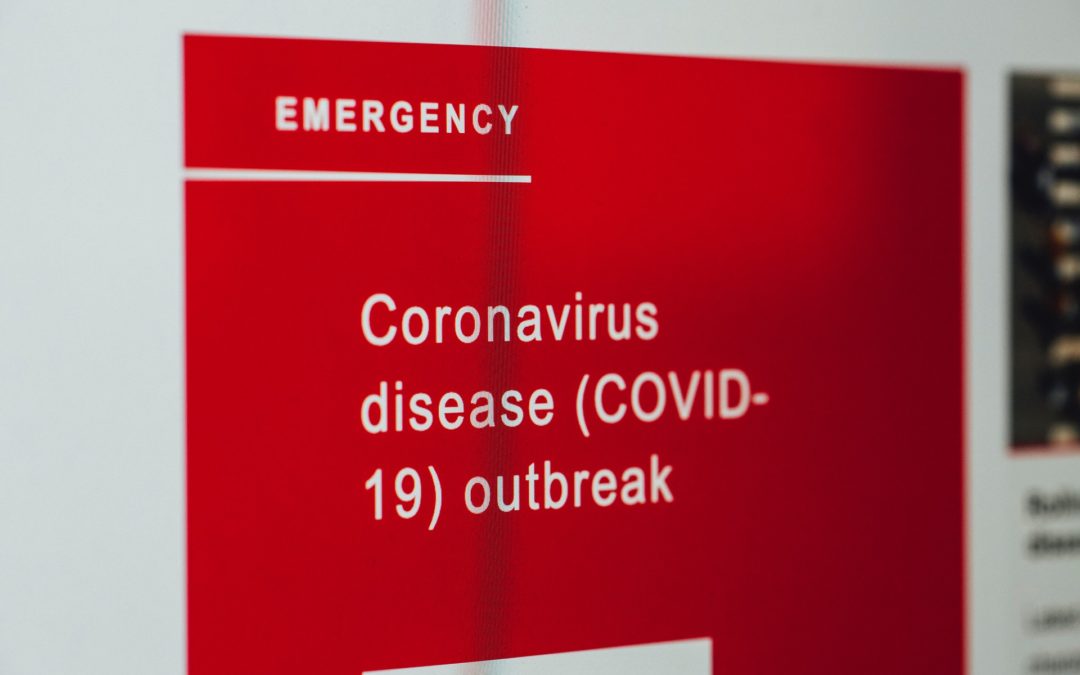As Governor Carney determines when the State of Delaware should re-open for business and tourism, you, like many others, are wondering whether it is really in your best interest to return to work? Due to the constant worry of Coronavirus, some American workers are fearful of returning to work too soon, however, they should not count on getting unemployment benefits. According to Thomas Smith, an assistant finance professor at Emory University’s Goizueta Business School, “State unemployment laws generally do not allow workers to collect jobless benefits if they refuse work available to them.”
Navigating this difficult terrain is more complicated since there are still so many unknowns. I remember writing a similar article for the Morning Star Business Report, February, 2002. It was entitled: “‘Business as usual’ will not work now”. This article focused on the fact that everything changed as a result of the tragic and devastating events of September 11, 2001.
Some of the reflections from that article published 18 years ago were for employers to provide employees with a sense of purpose at work and as much security as possible. Georgia’s State Labor Commissioner Mark Butler said, “If an employee is concerned about returning to work due to exposure to COVID-19, we are encouraging employees to communicate with their employers on plans to safely return to work.” Honest communication between employer and employee has never been more important. At the same time, we can all cite many examples of miscommunication in the workplace, resulting in disgruntled employees.
Perhaps develop a communications plan and/or affinity groups where employees can meet during the workday and discuss concerns? If you have been using ZOOM for business meetings and workshops, while away from the physical presence of your office spaces, have you considered the privacy concerns related to ZOOM?
Consider contacting Workforce Solutions Today for helpful tips and ideas to get your workplace back to work “on ground” with motivated and productive employees.

